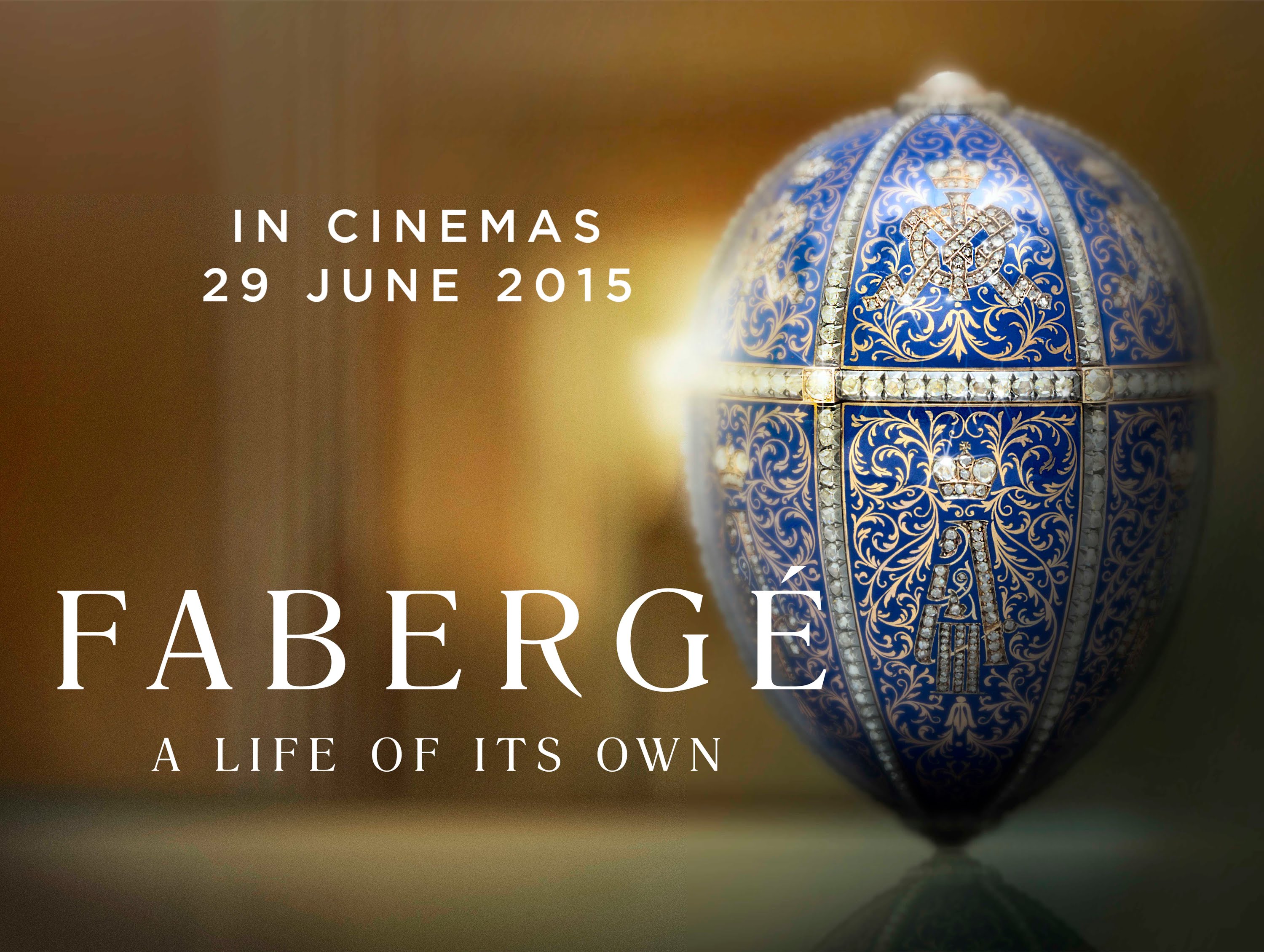In case you guys hadn’t already noticed, the Olympics have just started in London.
It’s sports, right? It’s not about creativity, it’s about muscle and precision. It’s a collection of events – some so obscure that people would never usually watch – but it comes around once every four years and everyone gets obsessed with it. So what can someone who is creative and not athletic learn from it?
Loads.
Seriously.
People from all over the world are swept up in patriotic pride and barrack their hearts out for athletes who they’ve probably never heard about before who represent their country. It doesn’t matter what sport you’re watching – swimming, gymnastics, canoe slalom – if you see the flag of your country, you’re supporting them in that event. Without question. In other words, they become your protagonist.
The antagonist is their biggest threat stopping them from getting the gold. This could be the athlete from a country you don’t like. This could be the athlete that’s the favourite to win it and maybe your protagonist is the underdog. This could be the athlete that’s been qualifying a millisecond before or after your athlete. They’re equals and the antagonist could definitely come and beat your protagonist if they don’t keep fighting until the end.
The anticipation of the beginning of the Olympics also gets people excited. They know when it’s going to happen – every four years. They know they’ll be in for a good show, regardless of how it ends for their country medals-wise. It gives them something to talk to other people about and makes people get up at 5.30am to watch the Opening Ceremony (myself included). Because the audience knows what is going on (i.e. marketing and advertising) plus when and who to get excited for, it’s easy to get invested in. Make sure your audience knows when to get excited for your film. Make sure you’re telling people about it so they’re aware of it. Give them something to invest in.
The biggest factor a filmmaker can take out of the Olympics is this – the Unknown factor.
The most exciting events to watch are the ones where you don’t know who is going to win.
Whether it’s waiting for the score and hoping against all hope that it’s higher than the highest ranking athlete or watching a race that’s neck and neck and urging for your team to dig a little deeper to get across the line first – they’re the moments that go down in Olympics history and are the most thrilling. When a swimmer or boat is two boat lengths in front, that’s not interesting to watch. More often, the focus then shifts to the competition for second and third places. When the stakes are so high and it’s going to take a whole lot of effort to get what they want. When you don’t know what’s going to happen.
That’s what you have to do with your film.
Give the audience a protagonist they can trust, support and get behind. Give them an antagonist who is a real threat in terms of stopping them from what they want to get. Set up the stakes so the audience understands exactly what the protagonist has got to lose. And make sure that the audience can’t see what’s coming a mile away.
Keep it tense. Keep it exciting. Keep it breathless.
Watch a few events and take note of how you react. How do you feel about events where an athlete wins by a mile? How do you feel about events where it’s close? When it’s close, it’s exciting. That’s how you want your audience to feel over the course of your film.
So make them feel it.


